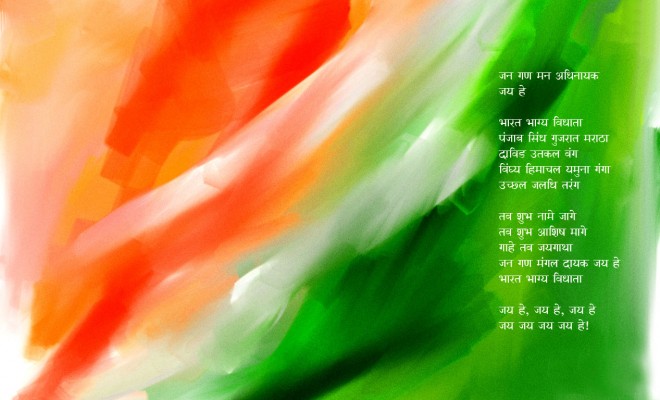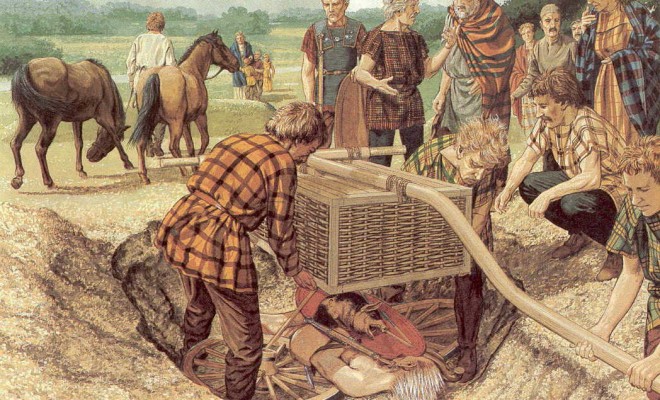
Did you know the following about our national anthem?
Our National Anthem “Jana Gana Mana” is sung throughout the country. Did you know the following about our national anthem? I didn’t. I have always wondered who is the “adhinayak” and “bharat bhagyavidhata”,whose praise we are singing. I thought it might be God!
To begin with, India’s national anthem, Jana Gana Mana adhinayaka, was written by Rabindranath Tagore in honor of King George V and the Queen of England when they visited India in 1919. To honor their visit Pundit Motilal Nehru had the five stanzas included,which are in praise of the King and Queen. (And most of us think it is in the praise of our great motherland!!!)
In the original Bengali verses only those provinces that were under British rule, i.e. Punjab, Sindh,Gujarat,Maratha.. etc. were mentioned. None of the princely states were recognized which are integral parts of India now – Kashmir,Rajasthan,Andhra, Mysore or Kerala. Neither the Indian Ocean nor the Arabian Sea was included, since they were directly under Portuguese rule at that time.
Indian National Anthem
The song Jana Gana Mana, composed by Rabindranath Tagore, was adopted by the Constituent Assembly as the National Anthem of lndia on 24 January 1950. It was first sung on 27 December 1911 at the Calcutta session of the Indian National Congress. The complete song consists of five stanzas. The first stanza consists of the full version of the national anthem. It reads:
Jana-gana-mana-adhinayaka, jaya he
Bharata-bhagya-vidhata
Punjab-Sindhu-Gujarata-Maratha-
Dravida-Utkala-Banga
Vindhya-Himachala-Yamuna-Ganga
Uchchala-Jaladhi-taranga
Tava shubha name jage
Tava shubha ashish maange
Gahe tava jaya-gatha
Jana-gana-mangala-dayaka jaya he
Bharata-bhagya-vidhata
Jaya he, jaya he, jaya he
Jaya jaya jaya, jaya he !
The Jana Gana Mana Adhinayaka implies that King George V is the lord of the masses and Bharata Bhagya Vidhata is “the bestower of good fortune”. Following is a translation of the five stanzas which glorify the King:
1st stanza – (Indian) People wake up remembering your good name and ask for your blessings and they sing your glories.
2nd stanza – around your throne people of all religions come and give their love and anxiously wait to hear your kind words.
3rd stanza – Praise to the King for being the charioteer, for leading the ancient travellers beyond misery.
4th stanza – Drowned in the deep ignorance and suffering, poverty stricken,unconscious country? Waiting for the wink of your eye and your mother’s (the Queen’s) true protection.
5th stanza – in your compassionate plans, the sleeping Bharat (India)will wake up. We bow down to your feet O’ Queen, and glory to Rajeshwara (the King). This whole poem does not indicate any love for the Motherland but depicts a bleak picture. When you sing Jana Gana Mana Adhinayaka, whom are you glorifying? Certainly not the Motherland. Is it God? The poem does not indicate that. It is time now to understand the original purpose and the implication of this, rather than blindly sing as has been done the past fifty years.
Nehru chose the present national anthem as opposed to Vande Mataram because he thought that it would be easier for the band to play. It was an absurd reason but today for that matter bands have advanced and they can very well play any music. So they can as well play Vande Mataram, which is a far better composition in praise of our dear Motherland -India.
Article source : quora
Image source : wallpaperhdfree.com


